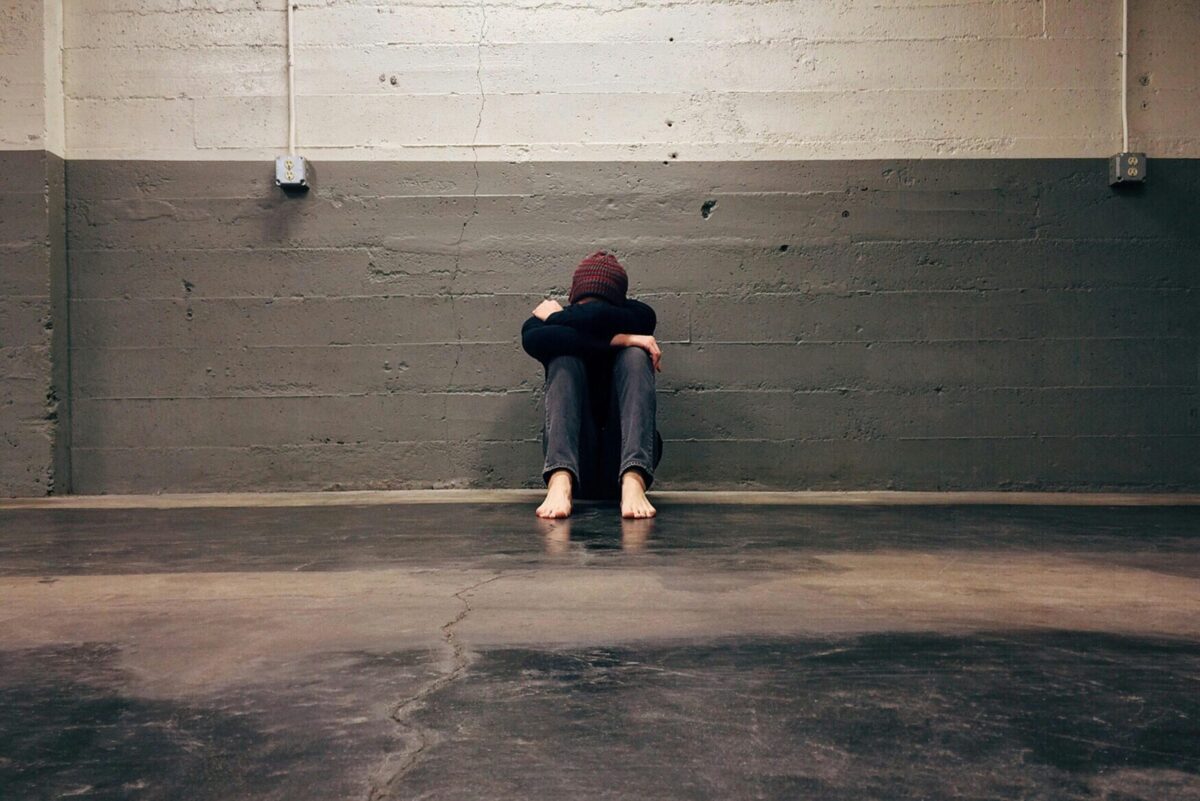Depression and anger may seem like opposites. Yet they often show up together in ways that surprise people. One is marked by low energy, sadness, and hopelessness. The other is linked to frustration, irritability, or even rage. When combined, depression and anger can create a cycle that is hard to break and even harder to understand. At East Point Behavioral Health, we see how this connection affects daily life, relationships, and recovery. We will help you understand the connection between depression and anger. Learn how these emotions overlap and explore better care and healthier ways of coping.
What Is Depression?
Depression is more than just feeling sad. It is a mental health condition that affects how you think, feel, and function in daily life. Common symptoms include ongoing sadness, hopelessness, fatigue, and a loss of interest in activities you once enjoyed. These symptoms can impact sleep, appetite, and focus, making even simple tasks feel overwhelming.
People often assume depression is only about sadness, but it can also show up as irritability, emptiness, or a sense of being emotionally shut down. When depression and anger combine, the emotional toll feels even heavier. Understanding this reality is important for recognizing when it’s time to seek help and begin recovery.

How Anger Affects Mental Health
Anger is a normal human emotion, but when it becomes constant or extreme, it can affect mental health. It shows up in different ways, from irritability and frustration to explosive rage. Some people use anger to cover up deeper feelings of sadness or fear, making it harder to see what is really going on inside.
In clinical discussions, anger is often overlooked compared to depression or anxiety. Yet many people live with both depression and anger, and the connection between them deserves more attention. By recognizing anger as more than just “bad temper,” it becomes easier to understand its role in mental health and how it can influence recovery.
The Link Between Depression and Anger
Research shows that depression and anger are closely connected, often feeding into each other. Anger can sometimes be a hidden symptom of depression, especially when sadness feels too hard to express. Suppressed anger may build up over time, creating tension that deepens depressive symptoms.
Brain chemistry and stress hormones also influence this link. When emotional regulation systems are disrupted, it gets harder to manage frustration or sadness in healthy ways. Gender and age play a part too. Men may show irritability or aggression, while women may turn anger inward as guilt or self-blame.
For many people, learning to manage anger is an important step toward healing depression. When frustration builds up, it often makes depressive symptoms worse. Support like anger management therapy online can provide simple tools to spot triggers early and respond in healthier ways. Recognizing this connection helps break the cycle between depression and anger.
Signs Depression May Be Expressing as Anger
Depression does not always appear as sadness. For many people, it comes through in irritability, tension, or hostility. Recognizing these patterns can help you see when depression and anger are connected. Some common signs include:
- Irritability instead of sadness – feeling on edge and easily annoyed by others.
- Frequent frustration – lashing out at small inconveniences or mistakes.
- Self-directed anger – harsh self-criticism, guilt, or negative self-talk.
- Strained relationships – conflict with friends, family, or coworkers due to outbursts.
These behaviors often mask the deeper emotional pain of depression. Seeing anger as a possible symptom allows for better understanding and more effective treatment.

How This Connection Impacts Daily Life
When depression and anger overlap, the effects often reach every part of daily life. Relationships may suffer from constant conflict, leaving partners, friends, or family members feeling distant or hurt. At work or school, focus and productivity can drop, while frustration with tasks or coworkers grows.
The physical toll is also significant. Anger and stress raise blood pressure, disrupt sleep, and cause headaches or muscle tension. Some people may even turn to substances to cope, which can worsen depression over time. Seeking support through online treatment for depression can help address both emotions at once, improving mood regulation and restoring balance in daily life. Recognizing these impacts is an important step toward making positive changes.
Coping Strategies and Treatment Options
Managing depression and anger requires a mix of professional support and daily coping skills. Treatment works best when it addresses both emotions together. Common approaches include:
- Therapy – methods like cognitive behavioral therapy, dialectical behavior therapy, and trauma-focused therapy help you recognize thought patterns and practice healthier responses.
- Medication – in some cases, antidepressants or mood stabilizers are recommended to reduce irritability and regulate mood.
- Stress management – mindfulness, journaling, and physical activity can lower stress and provide outlets for strong emotions.
- Support systems – trusted friends, family, and peer groups offer connection and encouragement during recovery.
These strategies create a foundation for healthier emotional regulation. With the right combination of treatment and coping skills, progress is possible. Different support levels are available depending on your needs, from outpatient care to more structured programs. Options like a virtual IOP in Massachusetts provide daily therapy and guidance while still letting you maintain life at home.
When To Seek Professional Help
Depression and anger can sometimes be managed with coping skills, but there are times when professional support is essential. You may need help if you notice:
- Constant conflict – frequent arguments with loved ones or coworkers that strain relationships.
- Loss of control – anger outbursts that feel stronger than the situation calls for.
- Impact on health – sleep problems, headaches, or high blood pressure linked to stress.
- Substance use – relying on alcohol or drugs to manage mood or calm down.
- Daily disruption – difficulty focusing at work, school, or home because of mood swings.
Early intervention can prevent these challenges from getting worse. Treatment options include outpatient services, day programs, and dual diagnosis care when substance use is also present.

Take Control of Your Emotional Wellbeing
Depression and anger may look different on the surface, but they are often connected. Anger can hide sadness, and depression can deepen when frustration is left unchecked. Recognizing how these emotions interact is the first step toward recovery. With professional support, therapy, and coping strategies, you can break the cycle and live a more stable life. Taking action today makes a healthier and more balanced future possible.



